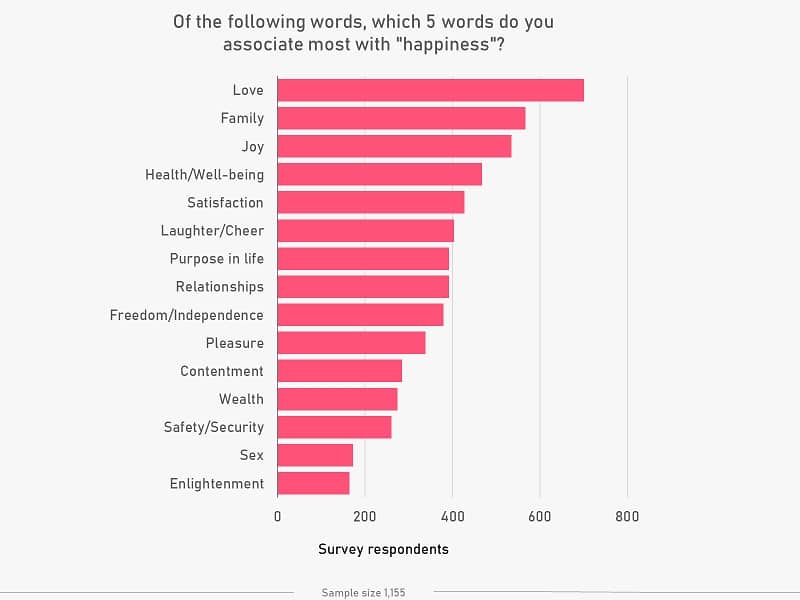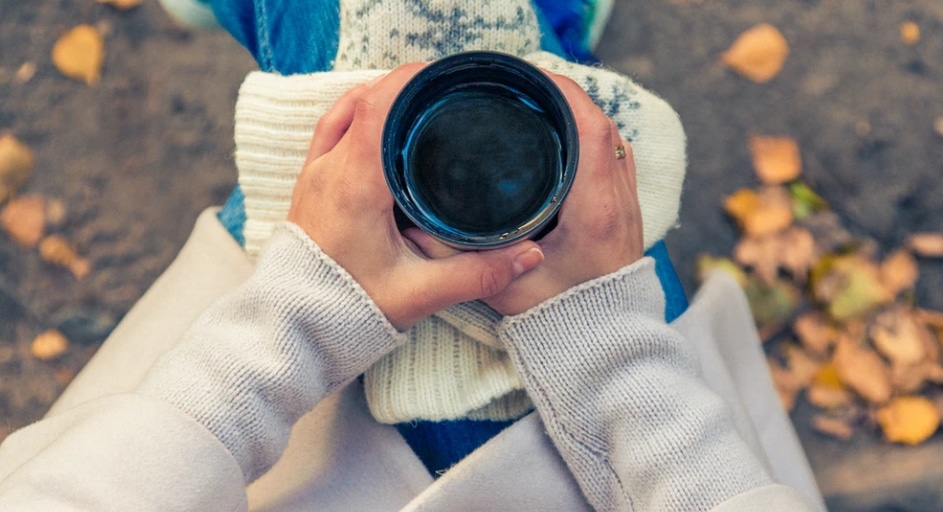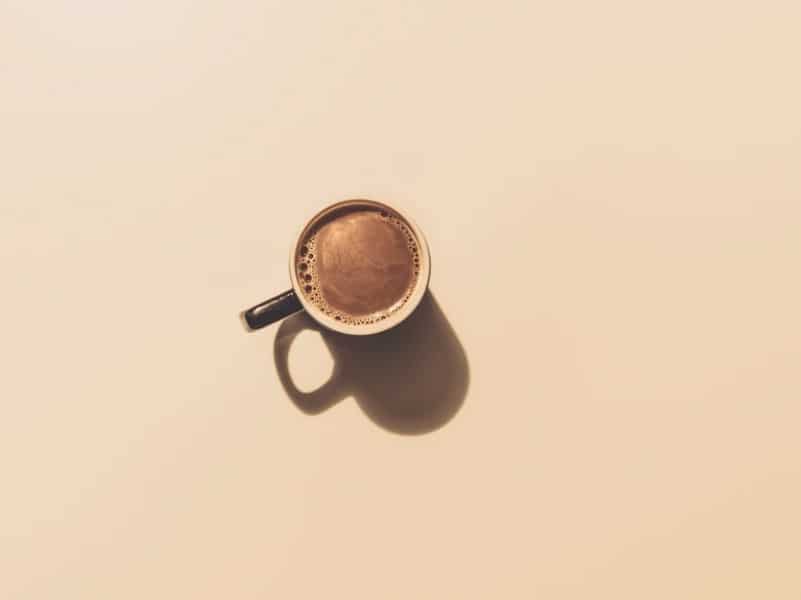The origins of happiness are both easy and difficult to define, just like happiness itself. You probably have a pretty good idea of what brings you happiness, but where does it come from? Is there a universal answer to this question?
Happiness is a complex phenomenon. From biology to relationships, there are many different factors that influence our overall happiness. But just because something affects our happiness doesn’t mean that it’s the source of happiness. Rather, happiness seems to be the result of a combination of things that are meaningful to us.
In this article, I’ll take a closer look at some factors that influence happiness and try to answer the question where does happiness come from.
Contents
Are relationships the source of happiness?
It should come as no surprise that relationships have a major effect on our happiness. Being surrounded by supportive loved ones will boost our happiness, while troubled or toxic relationships will decrease it.
In fact, a 2007 study found that friendship variables accounted for 58% of the variance in happiness. The tentative conclusion we can draw from this is that about half of our happiness might come from friendships.
Not all friendships are created equal when it comes to happiness: quality trumps quantity, meaning that it’s better to have a few close relationships than many less close ones.
While we tend to take friendships for granted, romantic relationships are something many people consciously pursue. But do they make us happier?
The answer is yes, but not by much. For example, a 2020 study found that elders who had been married to the same person for most of their lives were only slightly happier than people who had been single or in various relationships, with the latter groups having no significant difference in subjective well-being.
Another study from 2007 reports that in emerging adults, romantic relationship quality accounted for only 3% of the variance in happiness. In addition, emotional security and companionship emerged as the strongest features of romantic relationship quality that predicted happiness.
Finally, a study performed by Tracking Happiness (yes, that’s us!) showed that “Love” is the word that’s most associated with the word “Happiness”.

With this in mind, it comes at no surprise that the word “Family” comes next to “Love”. This support the many existing studies in implying that relationships are where most of our happiness is formed.
Can money buy happiness?
The easy answer is no, it can’t, but as the joke goes, it’s more comfortable to cry in a Mercedes than on a bicycle.
It would be naive to think that finances don’t play any role in happiness, as not having to worry about making ends meet gives us the chance to pursue things that will make us happy. At the same time, it would be equally naive to believe that all the money in the world will bring us eternal happiness.
There is evidence that people who receive unexpected windfalls like a lottery win or an inheritance are happier in the year after receiving the money, but this effect doesn’t last.
A study from 2006 showed that while income and wealth do contribute towards life satisfaction, it’s not the size of income, but rather the perceived financial situation and control over life that seem to make us happier. In other words, it doesn’t matter how much you earn, if you don’t think it’s enough, it won’t make you happy.
Biology and happiness
Both physical and mental health play an important part in our happiness. People with chronic disorders like schizophrenia are generally unhappier than healthy people, although this doesn’t mean they don’t experience happiness at all. While illnesses can make people unhappy, exercise has been proven to make us happier.
But there are other biological factors at play. A 2014 review examined previous research and found that there are five major ways in which biology can affect our happiness.
- Research shows that genetic factors count for 35-50% of our happiness. It is believed that most of this effect comes from genes that code mood and emotional regulation.
- While happiness isn’t localized in the brain – meaning there is no specific brain area related to happiness – areas and neurotransmitters related to mood regulation play an important role in our overall happiness levels.
- Hormonal balance is important for happiness. Higher levels of hormones like oxytocin, which is related to social bonding, make us happier, while higher levels of the stress hormone cortisol diminish our happiness.
- Good physical health is a strong predictor of happiness, but in turn, happiness can influence physical health.
- Attractive people tend to be happier. This effect is mediated by a number of factors, including relationships (it’s easier for attractive people to form them) as well as cultural context (what is considered attractive in one culture may not be attractive in another).
Happiness comes from meaning
It’s clear that happiness doesn’t just come from genes, relationships or money, but rather a combination of all three and many other factors.
With the exception of biological factors like genes that we can’t control, there’s one thing that all of these things have in common: they will only make us happy if they are meaningful to us.
For instance, a good cup of coffee in the morning or a nice hot shower after a long day make me happy, but does my happiness come from coffee and hot showers? Not really.

It would be more accurate to say that it’s not the things themselves that make me happy, but rather the meaning I give them. Coffee and hot showers represent a certain kind of security, which brings me happiness.
The same applies to relationships: not all relationships will make us equally happy, only high-quality ones will boost happiness. But what counts as a good relationship is completely up to you, as different people need different things in relationships.
However, if you don’t care much for relationships and are focused on building your career, you might find more happiness in achieving your milestones than in catching up with your friends or starting a family.
The same applies to money: having enough to live comfortably is nice, but if earning a lot doesn’t hold meaning for you, it won’t make you happy either.
The bottom line is that while there are some things that will quite reliably make us happier, in the end, happiness is up to us. A good cup of coffee is just as likely to make you happy as a million dollars, if it’s meaningful for you.
💡 By the way: If you want to start feeling better and more productive, I’ve condensed the information of 100’s of our articles into a 10-step mental health cheat sheet here. 👇
This Cheat Sheet Will Help You Be Happier and More Productive
Thrive under stress and crush your goals with these 10 unique tips for your mental health.
Wrapping up
Happiness is a complicated phenomenon that is influenced by many factors, some of which we can control and some of which we can’t. However, most of it is still up to us, as it’s not the people, places and things themselves that make us happy, they can only influence – but not create – happiness. Rather, happiness comes from the meaning that we give them.
What do you think? Was there something we missed? Do you think happiness comes from somewhere that I’ve not discussed in this article? Please share your thoughts in the comments below!


